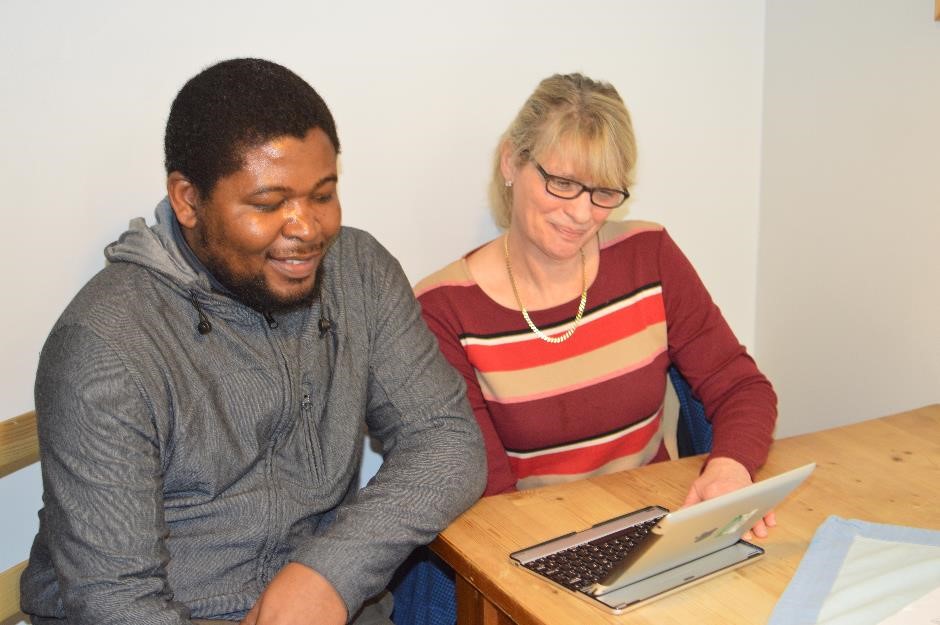 An evaluation of Hyde’s Getting Online programme, published on Tuesday 8 September, has found that over 80% of participants surveyed after training remain regular internet users. The 500 residents trained last year showed increased confidence in completing a range of online skills, in particular; accessing information, emailing and online safety.
An evaluation of Hyde’s Getting Online programme, published on Tuesday 8 September, has found that over 80% of participants surveyed after training remain regular internet users. The 500 residents trained last year showed increased confidence in completing a range of online skills, in particular; accessing information, emailing and online safety.

Hyde's Getting Online programme is delivered in partnership with Digital Unite’s Digital Champions Network and Students@Home. Citizens Online’s report showed that one-to-one home tutoring and support in the community provided by Digital Champions were well received by learners, with 98% and 81% respectively rating their training as good or excellent. 9 out of 10 Hyde Housing Digital Champions supported by the Digital Unite's Digital Champions Network would recommend the scheme to others.
Jackie, who took part in the programme said: “It has made a real difference to my life. I wouldn’t hesitate to recommend this service. The patience of the teachers is wonderful and I couldn’t imagine not being able to do the things I can do. It makes me want to learn even more!”
Sarah Thurman, Director of Hyde Plus said: “The Getting Online programme has had a real impact on the lives of participants and is reaching residents who stand to lose the most, both socially and financially, if they are not confident online. It’s great to see that the impact of the training goes beyond the sessions provided.”
The majority of residents - 70% - who received tutoring were under the age of 65; challenging the perception that it is generally older people who aren’t online. With the rollout of Universal Credit continuing, reaching these working aged residents is essential.
The report provided some key insights in relation to Universal Credit and completing forms online. More participants felt confident filling in forms as a result of training (from 26% of learners to 76%), however, only a third of learners felt they would be able to complete online benefit applications. This indicates the potential need for digital inclusion programmes to take on an ‘assisted digital’ role as welfare reform rolls out.
Follow up interviews with nearly 100 participants revealed that the cost of buying kit and connectivity at home was the remaining barrier. This lack of access prevents learners from continuing to feel confident online; an issue which digital skills programmes need to do more to address.
For more information about the Getting Online programme, visit Hyde’s website or contact [email protected]